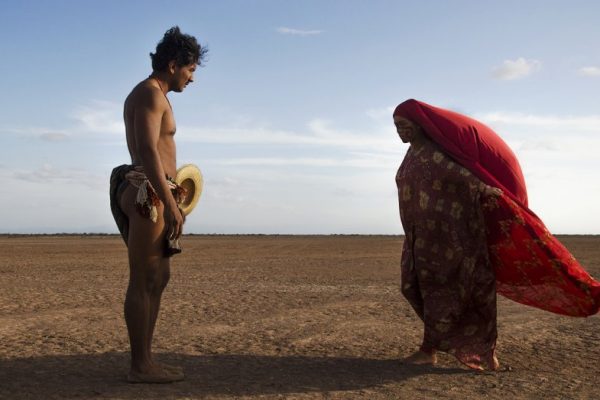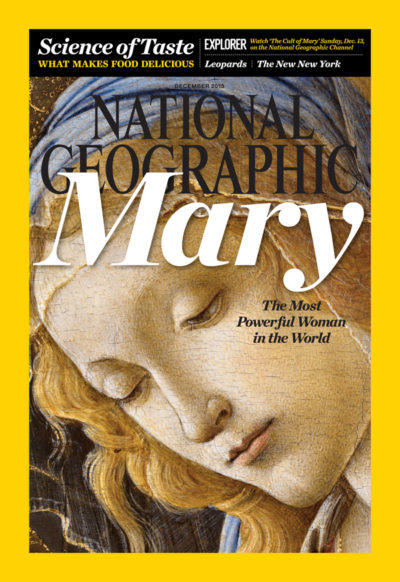Original Publication: Newsweek – September 24, 1973
Hillbilly Women. By Kathy Kahn. 230 pages. Doubleday $7.95
One of them works the night shift in a rural Georgia textile factory. She says everyone pops amphetamines to maintain the production quota that allows her to take home $60 a week. Another goes to the picket lines with her husband, who lost his legs in a mine accident. “After they took his legs off, they finally awarded him total disability. But he never got no lump sum. He never got no payment for his legs.” Another, in her 60s, is the widow of a Kentucky coal miner who died of black-lung disease. Her agitation for better conditions has angered the coal companies so much that they surround her shack with coal trains; she has to squeeze between box-cars to get out. The voices behind these powerful stories are, says the author, “some of the most maligned people in America.” They’re hillbilly women.
In a series of hard-hitting tape interviews with nineteen of the 3 million poor white women of Appalachia, Kathy Kahn successfully sets out to destroy the Mammy Yokum, poor-white-trash stereotype so often and unfairly given them. In stark contrast to the “Beverly Hillbillies’” Granny Clampett, Kahn gives us Granny Hager, who roams eastern Kentucky helping coal miners’ families obtain black-lung benefits. “I get awfully bad wore down,” Granny Hagar confides. “I think, well, I’ll set down, I won’t try no more. But will power keeps me going.”
An indomitable will is a necessity for these women. They’re coal miners’ orphans who live in constant fear of becoming coal miners’ widows. Their land is strip-mined. They slowly suffocate from brown-lung disease — the fine cotton dust of the textile mills eventually chokes them to death. Poverty agencies lie to them, management exploits them, unions ignore them. If they leave to find jobs in large urban centers, they often get trapped in filthy hillbilly slums where life is worse than in the mountains. Despite the passage of the Mines Health and Safety Act in 1969 – rarely enforced, according to the author – and despite the government’s billion-dollar war on Appalachian poverty, these hillbilly women are often hungry and still poor in 1973.
Poor but strong. “I’m proud to be poor. I’m glad I hain’t got anything anybody else has got,” says Shirley Dalton, an epileptic mother of seven who can’t get welfare to pay for her medicine because her husband earns $72 a week. “Your Bible tells you, it ain’t what goes in you, it’s what comes out of you. It kind of makes me wonder sometimes.”
Banjo: Kahn places each woman within her geographical and historical context. Here tone is angry, but it’s hard not to be angry given the dismal lives faced by the women she’s talked to. And there’s no doubt that Kathy Kahn, 28 years old and weighing 80 tough pounds, knows her subject cold. Though she grew up in Seattle, she has hillbilly kin and has been a community organizer in Appalachia for the last eight years. She’s also a country singer, has recorded an album of women’s labor songs and picks the left-handed banjo. Unable to afford college, she had a series of humiliating menial jobs until she landed in Mexico City working for her uncle’s chain of laundermats. Her first job with poor people was teaching Spanish in Florida migrant camps. The mother of two boys, she’s now separated from her husband, the Harvard-educated son of a rabbi, who’s also a poverty worker.
Some women in the book are folk heroes and leaders in Appalachia. Others are children of pistol-packing parents who led the bloody fights to unionize the coal mines in the ‘20s and vividly recall “gun thugs” hired by the coal companies to “git Daddy.” But mostly they’re ordinary women whose courage and integrity are remarkable. “I wish . . . that we could wake these mountain people up,” says Granny Hager, “till they would stand up for their rights and fight for what is honest and just and due them . . . I don’t care how many big shots there is, if the poor people would stand up we can run those big shots under the bed.”
A streak of cruel irony runs through this book. These hillbilly women are distinguished by stubborn independence, strength in the face of adversity, a close sense of kin, a strong belief in God, a recognized need to help others. It’s almost a textbook of the “American way,” and they’ve got nothing to show for it.
This article is typed from the original material. Please excuse any errors that have escaped final proofreading.



